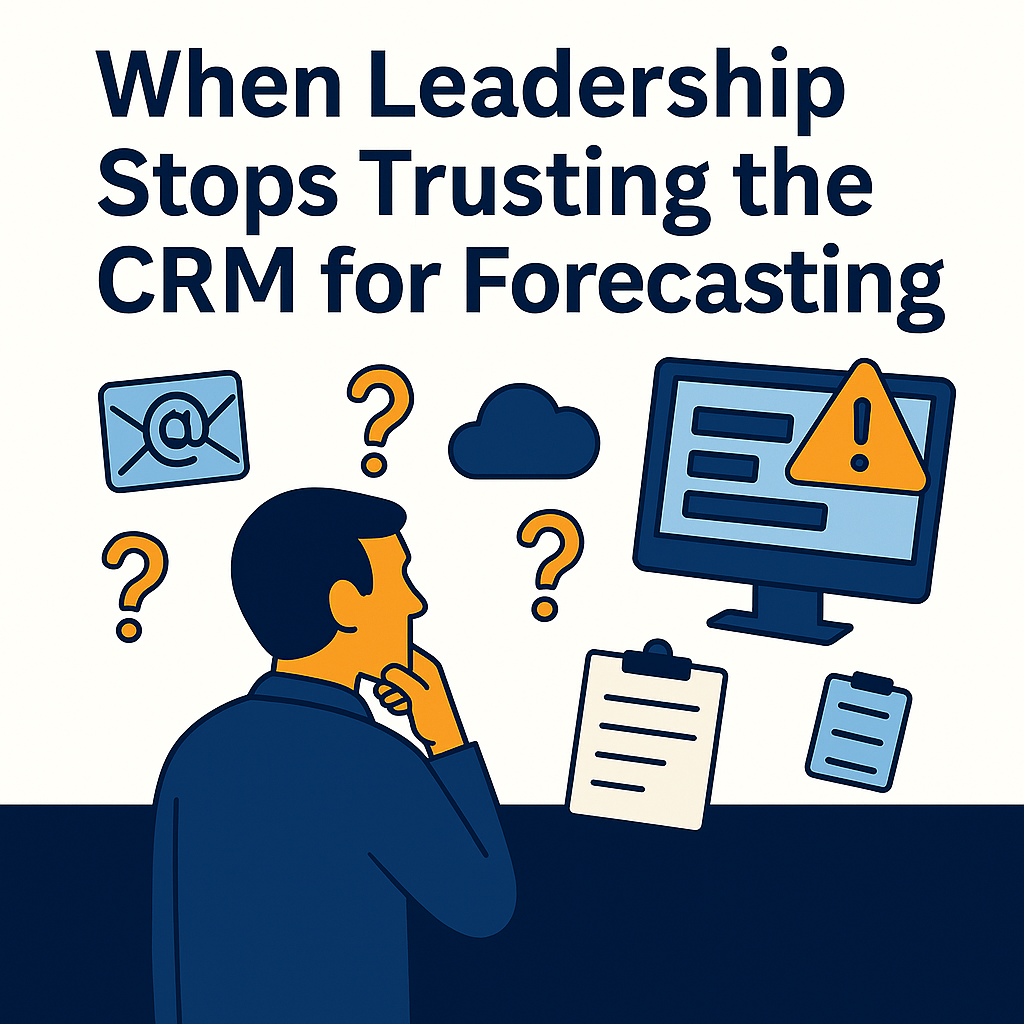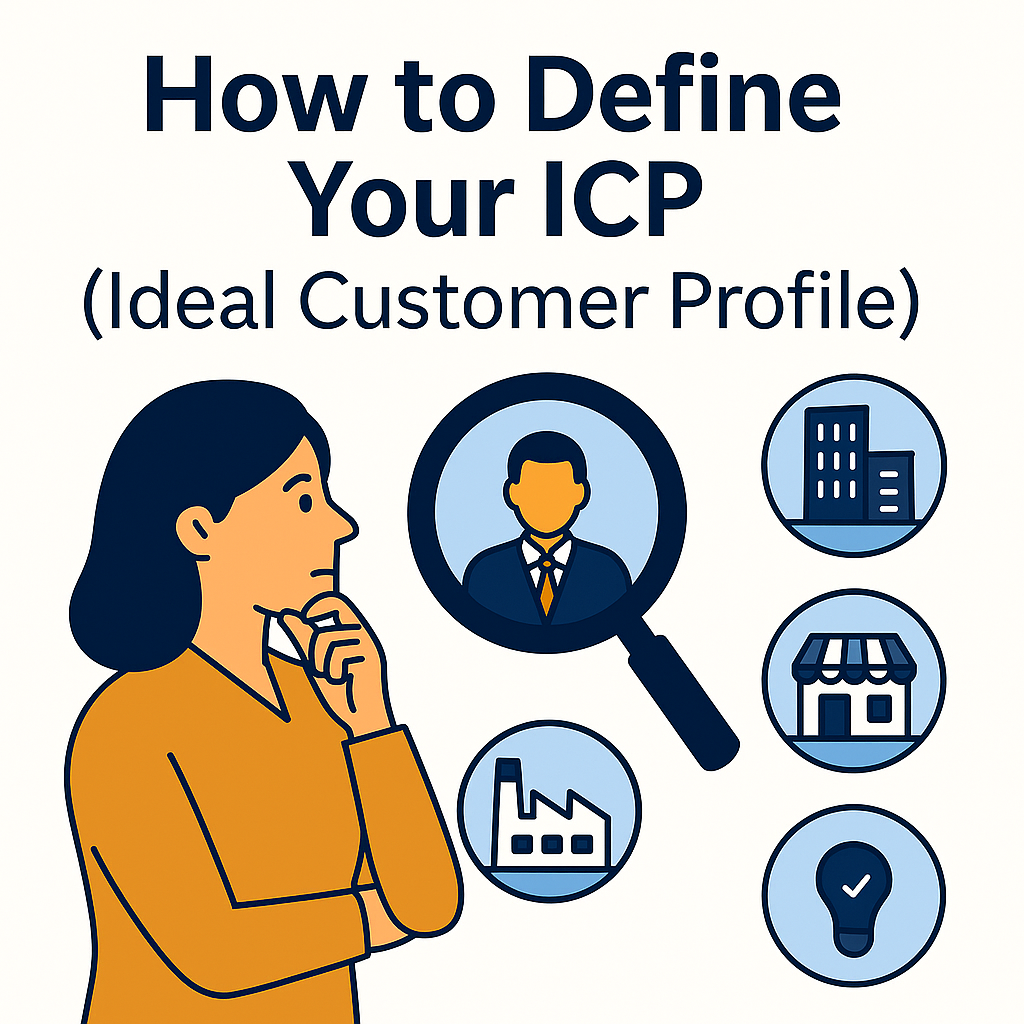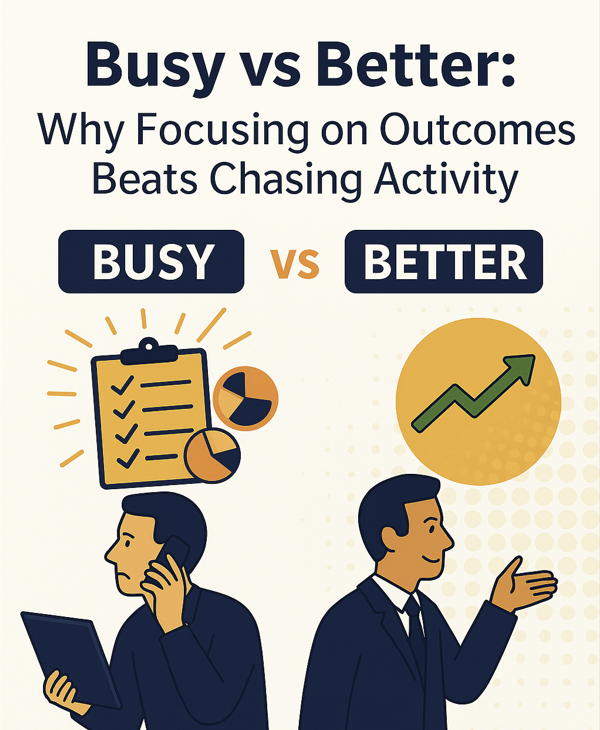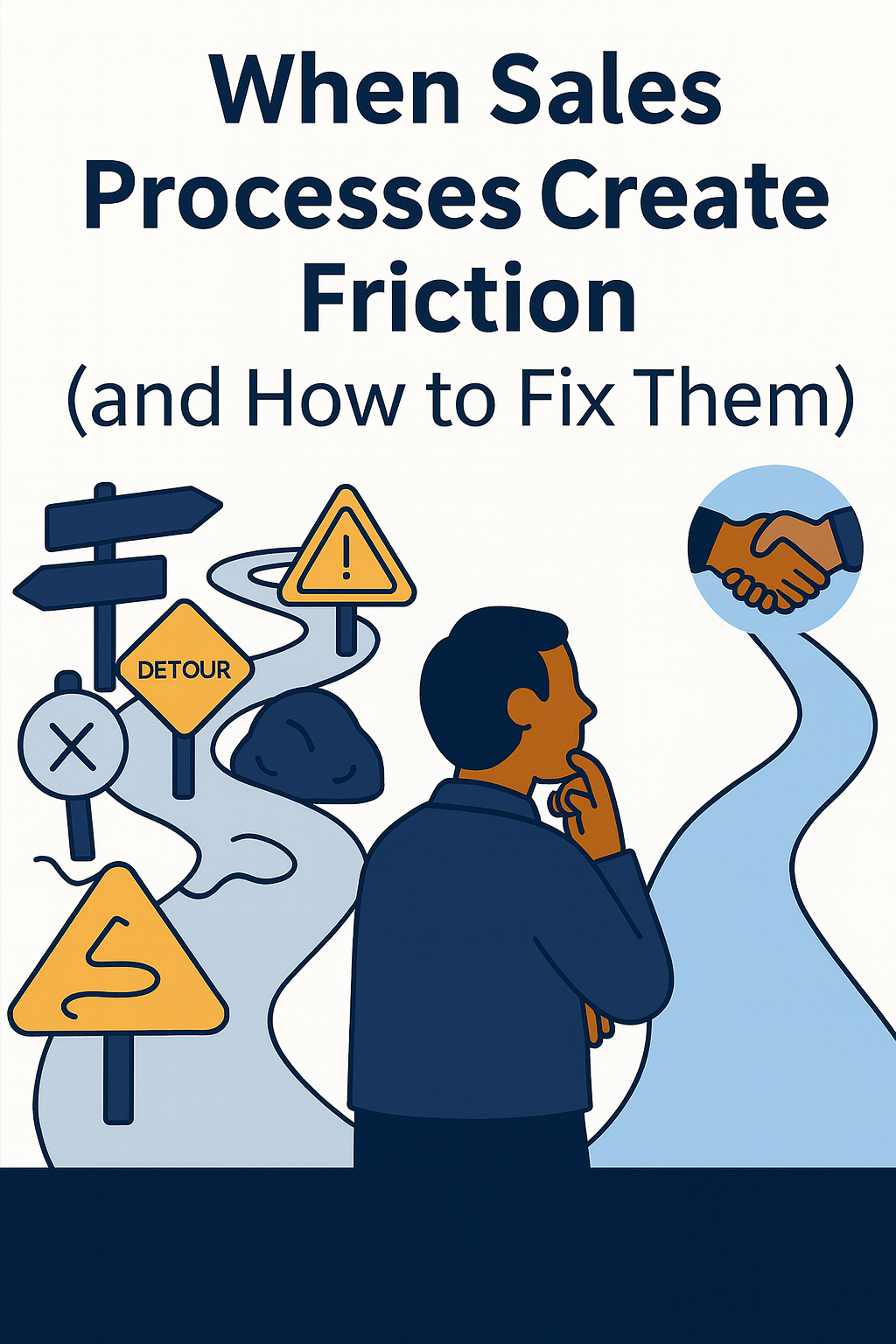
In day-to-day life, people make buying decisions quickly. We pick up items we don’t need, subscribe to services we barely use, and tap our
cards without much thought. These choices don’t carry consequences, so we move through them without hesitation.
In business, everything changes.
When a decision has real weight when it affects money, time, outcomes, internal expectations, or someone else’s scrutiny the pace slows
dramatically. It’s not because the decision is too complex or because people lack information. It’s because the decision suddenly becomes
personal. Someone knows they will have to carry the outcome, for better or worse.
This is where hesitation begins, and where most commercial decisions stall and don't progress.
.


I see it all the time.
A business invests in a CRM, sets up the pipeline stages, and rolls it out across the team. For a while, it looks like everything is in one
place. Deals are tracked, activities are logged, and reports can be generated at the click of a button.
But fast forward, and leadership is back to where they started. Instead of trusting the CRM, they’re firing off emails:

Getting clear on who you serve best
When I ask a business who their ideal customer is, I usually get broad answers like:

Most businesses don’t struggle because people aren’t working hard.
They struggle because effort isn’t translating into the right outcomes.
It’s an easy trap to fall into. Leaders want accountability, so they start measuring activity: number of calls made, meetings booked,
proposals sent, tasks ticked off. Soon, the business becomes obsessed with being busy.
The problem? Activity alone doesn’t guarantee progress.
